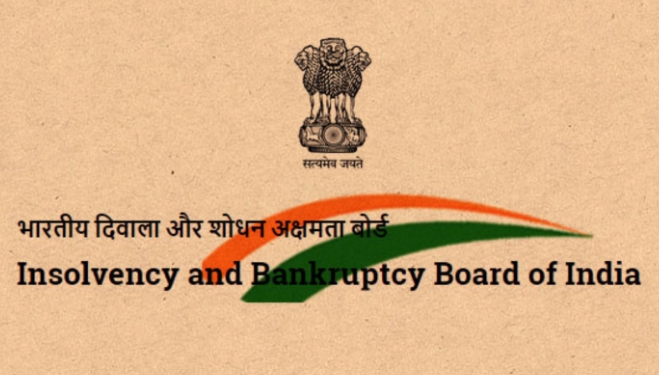Enhancing Efficiency in Personal Guarantor Insolvency: IBBI's Bold Measures
Enhancing Efficiency in Personal Guarantor Insolvency: IBBI's Bold Measures
Introduction: The Insolvency and Bankruptcy Board of India (IBBI) is taking significant steps to enhance the efficiency of personal guarantor insolvency cases, signaling a pivotal shift in the Indian insolvency landscape. These proposed measures, which are currently open for public comments until October 19, 2023, encompass mandatory creditors' meetings, the appointment of a single resolution professional (RP) for both personal guarantor and corporate debtor insolvencies, and the mandate for RPs to share recommendations with debtors and creditors. This essay will delve into the potential benefits and implications of these measures and analyze expert opinions on their effectiveness.
Background: The inclusion of personal guarantors under the Insolvency and Bankruptcy Code in 2019 marked a significant moment in India's insolvency framework. However, it was not until July 2020, when the Supreme Court questioned the underutilization of this legal remedy by banks, that the push for insolvency proceedings involving personal guarantors gained momentum. The potential impact, involving a substantial ₹1.8 lakh crore worth of guarantees, cannot be understated.
Benefits of Mandatory Creditors' Meetings: One of the key measures proposed by IBBI is the introduction of mandatory creditors' meetings for all personal guarantor insolvency cases. This move aims to actively involve creditors in the resolution process, fostering collaboration and ownership. It ensures that creditors collectively shape the repayment plan, recognizing the inherent complexities of personal guarantor cases compared to other individual insolvencies.
Expert Opinions: Hari Hara Mishra, CEO of the Association of ARCs in India, underscores the value of creditors' involvement, asserting that they have a better understanding of the complexities than resolution professionals. He emphasizes that personal insolvency is crucial for maximizing value, especially in cases where there are financially struggling companies with wealthy promoters.
Mishra also acknowledges the proposed amendment allowing the RP/Liquidator of the Corporate Debtor to handle personal guarantor insolvencies, which he believes will enhance continuity and efficiency in the process.
Contrastingly, Mukesh Chand, Senior Counsel at Economic Laws Practice, expresses skepticism about the effectiveness of these proposed changes, deeming them cosmetic. He argues that the stagnation of personal guarantor insolvency cases in the National Company Law Tribunals (NCLTs) is primarily due to pending writs in the Supreme Court. Chand suggests that efforts should prioritize fast-tracking the judicial process to expedite the resolution of pending petitions for admission.
Piyush Mishra, Partner at Luthra and Luthra Law Offices, offers a positive outlook, asserting that mandatory creditors' meetings will introduce transparency and accountability while adding a layer of checks and balances to the process. Moreover, allowing the same RP to handle both personal guarantor and corporate debtor insolvencies is expected to bring about synergies and streamline the insolvency proceedings.
Conclusion: IBBI's new measures to enhance the efficiency of personal guarantor insolvency cases represent a significant step toward strengthening the Indian insolvency framework. By fostering creditor involvement, sharing recommendations, and consolidating the roles of resolution professionals, these initiatives aim to facilitate more effective resolutions. However, the success of these measures will depend on their practical implementation and addressing the challenges posed by pending legal proceedings. Nonetheless, they mark a positive shift in the ongoing efforts to refine India's insolvency regime and promote transparency, efficiency, and value maximization in the resolution process.

